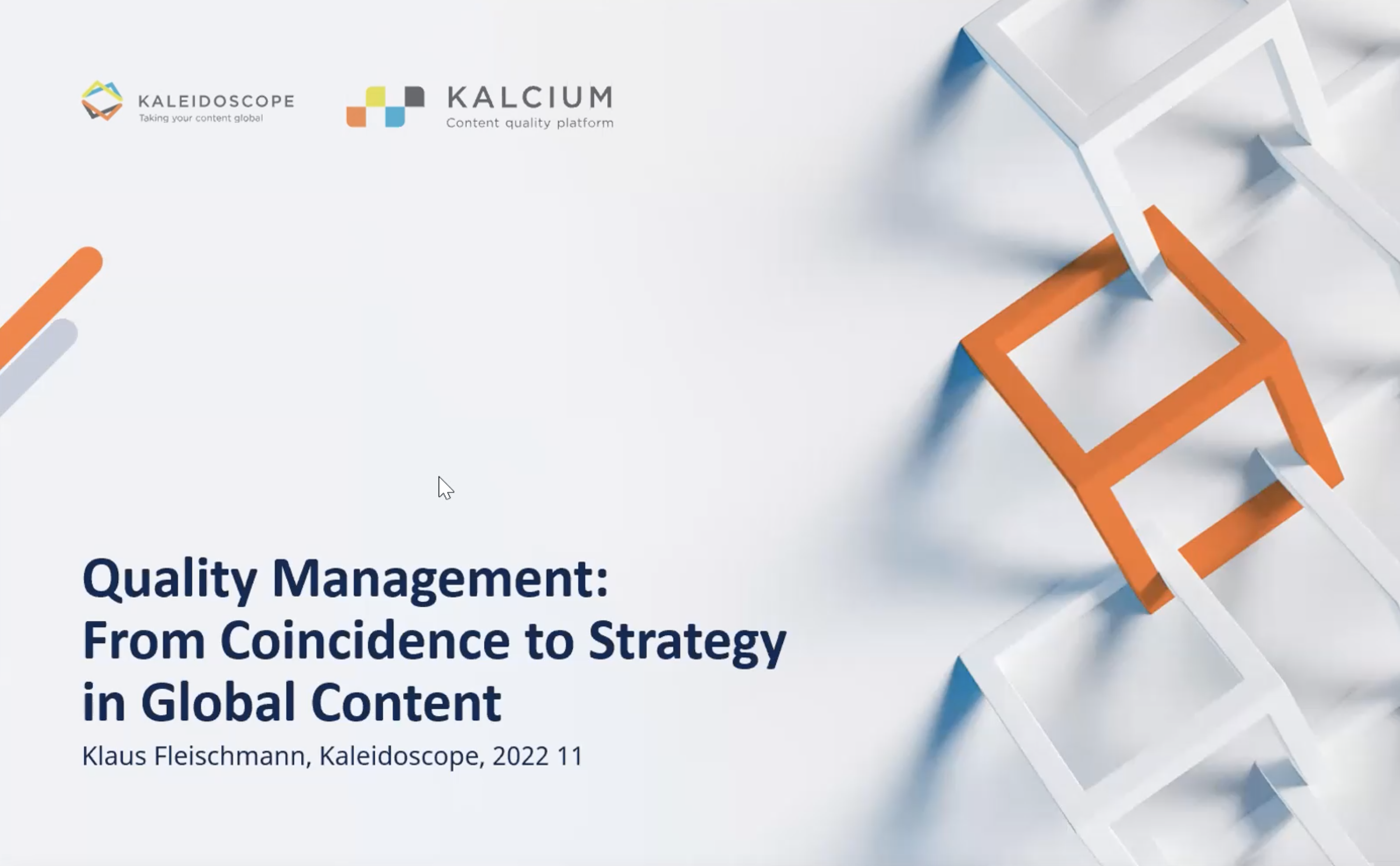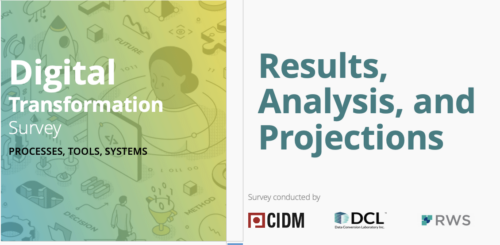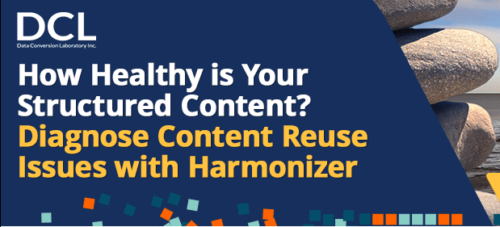Recorded on November 16, 2022

Multilingual content is fundamental for successful communication with other people, cultures, and markets. Naturally, the quality of translations is of central importance. Often, these quality assurance processes are unsystematic and rely on spontaneous “feedback” from in-country reviewers. However, more often than not, these review processes lead to long waiting times, frustrating discussions, no real process improvements, and thus impede strategic and sustainable language quality management.
We share how
- to define translation quality
- to measure translation quality
- to involve and instruct all stakeholders
- to manage translation quality actively and sustainably
Join us to learn which aspects and stakeholders you need to take into consideration on your way to successful quality management of multilingual content.
Presented by Klaus Fleischmann

Klaus Fleischmann studied translation and IT in Vienna, holds an MA in Conference Interpreting from Monterey, California, and a MAS in Technical Communication from Krems, Austria. In 1996, he founded Austria-based Kaleidoscope, a company implementing content, translation, and terminology management processes for internationally active companies. Kaleidoscope develops online collaboration software for enterprise-level terminology workflow, translator query management, in-country review etc., making the translation quality process comprehensible and strategically manageable. In 2007, he became CEO of Austria´s leading LSP, Eurocom Translation Services. Always active in the industry, Klaus got voted into the Gala Board of Directors in 2015 and 2017.





